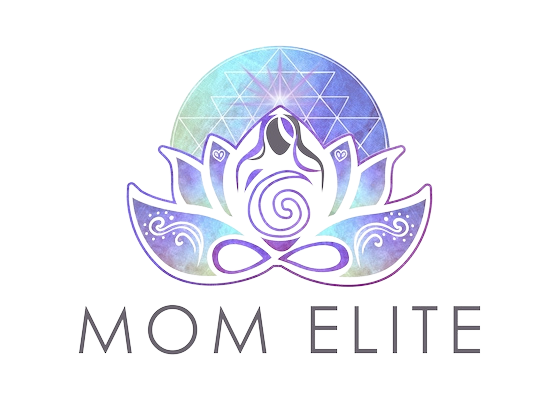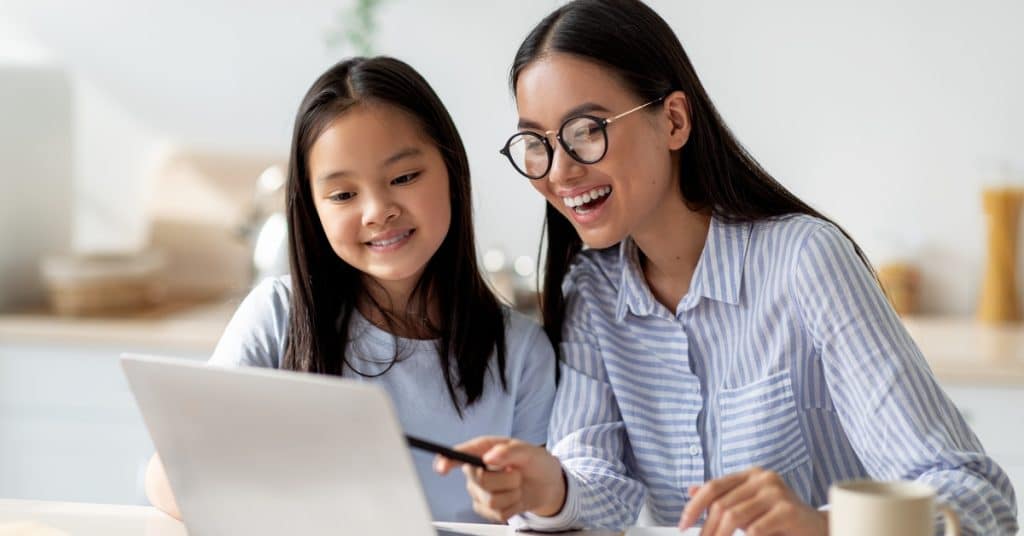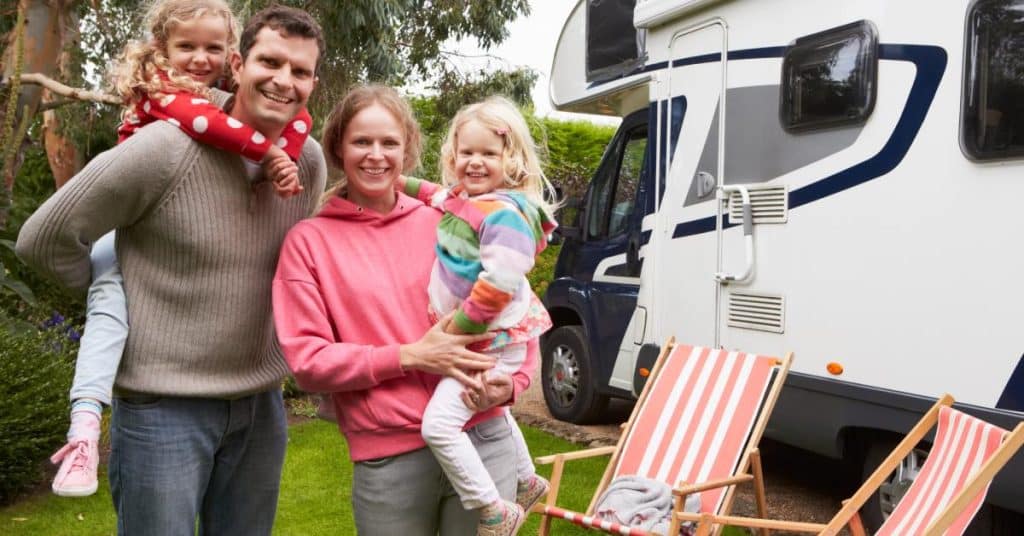We are all concerned about internet privacy. Once upon a time it was limited to burglar alarms and car alarms, but today there are more threats than ever before and they affect us and our families. The data we input online and information about us is collected. Privacy and technology can go hand in hand, but technology must be designed so that it does not breach any data. That is where cyber security comes into play, and it is not just businesses, but the technology that we use at home: smart phones, smart homes, etc.
Photo: Unsplash
Data Collection – what do they collect exactly?
Some of the things that companies have access to are: Who we are, what our contact information is, what we buy, borrow and where we shop; financial information and even location. And from this data a lot can be extracted through inference, including one of the most dangerous one, our habits. Whilst many companies still claim that your information is private, if there is a cyber attack, then this sensitive information could be passed into the hands of someone who wishes to use the information for cyber crime. It is frustrating to many of us that there is not enough public attention and understanding of the centrality of the right to privacy and its importance. When we use our smartphones, we are inputting data about ourselves constantly. Our photos, use of the Cloud, the apps we use; it all ties in. Is there privacy on our phones? Is there privacy on smart home devices?
When you think about the information you input into your technology, it is very telling. Your phone calls, your messages, your browsing history; your facial image through facial recognition systems, your biometric data and more. Technology has its benefits of course; the information we can use and input contributes to the aid of security organizations, who fight terrorism and keep civilian spaces safe. When it comes to privacy, however, this is still a grey area.
Covid-19 has changed our use
Since Covid-19, the apps used to keep people safe; tracking apps and such to maintain the virus have unleashed a flood of information about people’s locations and where they are going, who they are shopping with and more. And even if it is justified in an emergency, we learned how fast it flows into routine, and all kinds of surveillance technologies. Even children are now exposed to privacy concerns, as we know, many children worldwide have been using video technology and more to learn, to send work and to interact.
Photo: Unsplash
Distance learning, how secure is it really?
The reality in the days of Covid-19, blurs the boundaries between the private and the public. The home of each and every one of us and what happens within its walls is exposed on a daily basis through zooming in and other technologies on work matters, social gatherings and for the purpose of study. The discussion of distance learning has returned to the public arena following the closure of educational institutions since the outbreak and the universities’ announcement of online studies, focusing mainly on pedagogical questions, lack of adequate computing and Internet infrastructure, challenges for parents, and more. Even when universities and schools are now returning, there are some areas where the learning has continued to be online.
We seek to point to a more hidden, and no less important, challenge to privacy in the online lesson. The dramatic changes in our lives in recent months have redefined social norms regarding privacy, and hence the long-term importance of the debate. While it is clear to all that it is our right to decide who and when we enter our home, most of us open the camera in zoom sessions from home without further thought. Turning on a web camera is like bringing the meeting participants home. Moreover, some of the meetings are recorded and sometimes also broadcast, so if this video data gets into the hands of a cyber attacker, they could have access to minor details of your house – for example, the view of the street outside your window, the noticeboard on your wall, etc.
Distance learning is done through intermediaries – mainly “Zoom” – which means that personally identifiable information is collected by a commercial company. The information is safe and it is fully legal of course, but when cyber attacks are so prevalent, it does cause a little concern.
Photo: Unsplash
The decision should be in our hands
The challenge is particularly complex in distance learning, where students are a “captive audience” and can be interactive with their learning and still talk to others. The childrens’ needs are clear: it is important that students see the teacher and their classmates, both at school and at university. Teachers and lecturers find it difficult to teach without physically seeing their students, it is not a natural concept and will never be the ‘new normal’.
So, what can and should be done to protect our privacy? The simple answer is “awareness,” and an understanding that the right to privacy is a fundamental right and that there is no sweeping waiver of that right. When we are asked to give up our privacy, the decision should be in our hands. Children still need their education, but taking a little extra caution of what is on show is important as well as the information they say online. Personal information should not be disclosed and neither should any type of financial information of course.
What about social media?
Children and adults use social media. It is part of daily life. It is how we communicate and we often think that everything is safe. However, there are some drawbacks and this is why you should be cautious at what you say and how you behave when using it.
Photo: Unsplash
According to the reports, Facebook violated the privacy of users by allowing third-party parties to harvest personal data of about 87 million of its users. “There is no invasion of privacy, because there is no privacy,” Facebook officials stated. While Snyder admitted that Facebook disclosed user data to third parties, he tried to convince the judge that users of any social media platform should not expect privacy in the context of the data they post online openly. Zuckerberg stressed his commitment to building a “privacy-focused social platform” and protecting users’ personal data. A Facebook spokesman responded to a request for comment from NBCnews by sharing a link to a post in which Zuckerberg wrote that “we have never sold anyone’s data.” However, this doesn’t stop the threat of the data being stolen.
Cyber security importance
With all of the above being said, it is important to look at how you can control your privacy. You must have cybersecurity on your devices and be vigilant about any threats or suspicious attacks. Such as strange looking emails with links, odd messages that are from people you don’t know. You must ensure you have incredibly hard to guess passwords that are very secure. Second, you must prepare yourself to update your defenses online and to filter out traditional threats such as phishing scams and ransomware attacks, as well as web browser-based attacks, especially as long as the work continues remotely. Hosting video conferencing to spread cyber security awareness across all business divisions, sending regular emails with updates and calling employees to be alert to any unusual or suspicious email or website are just a few examples of the initial steps to be taken. Be safe; keep your privacy protected.




